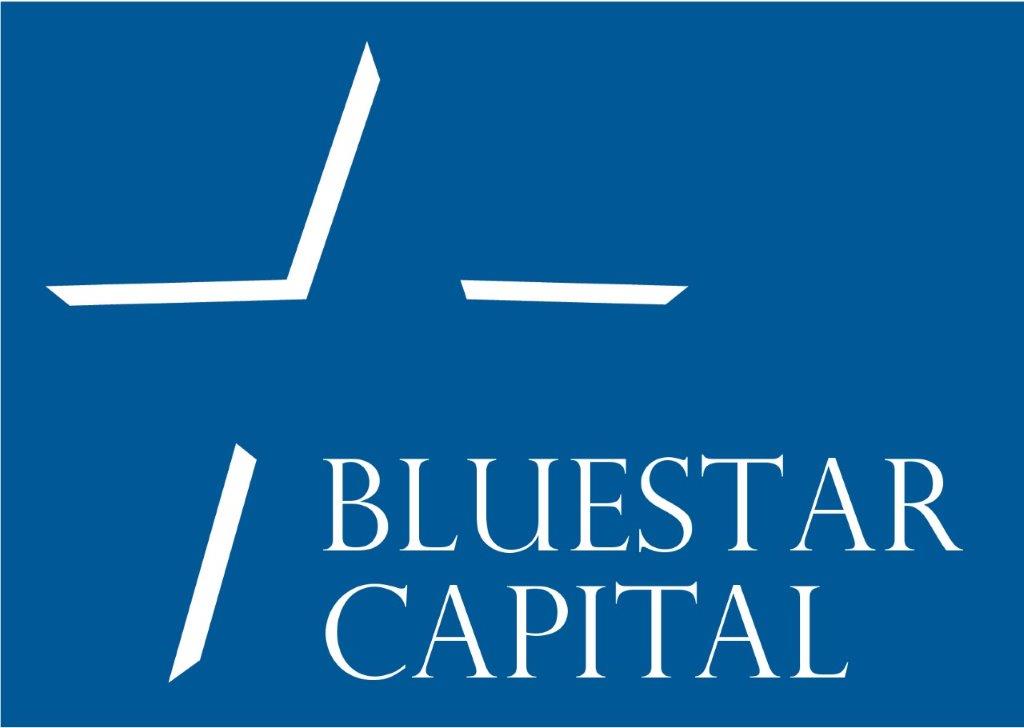Ghana’s Eurobond Return Hinges on IMF Nod as Yields Decline
Ghana’s Eurobond Return Hinges on IMF Nod as Yields Decline
There’s one thing standing between Ghana and a new Eurobond sale: the International Monetary Fund’s concern that the West African country may abandon monetary reforms and budget targets in the run-up to elections scheduled for December.
The IMF last week sought a guarantee that Ghana won’t use central-bank funding to sidestep fiscal structures agreed with the Washington-based lender last year, according to people familiar with the matter. Without that assurance, investors probably won’t bite if Ghana tries to tap international markets even as a wall of money floods developing nations in search of high-yielding assets, according to Manulife Investment Management.
West Africa’s second-biggest economy is keen to tap the Eurobond market for the fourth time in as many years, Finance Minister Seth Terkper said last month after the country had scrapped a planned sale, balking at the price demanded by investors. Judging by the performance of Ghana’s existing debt since then, the cost may be lower second time around, provided the IMF gives the all-clear.
“Without an agreement with the IMF, it would be quite difficult to go to the Eurobond market, particularly because investors would know about the sticking point,” Richard Segal, an emerging-market analyst at Manulife, which oversees about $130 billion of fixed-income investments, said by phone from London. “If they are able to resolve this, it could be quite easy for Ghana to issue.”
Outstanding questions remain with regards to certain elements of the legislation recently passed,” the IMF said in an e-mailed statement on Sept. 2, after Ghanaian lawmakers last month declined to pass a bill that will outlaw borrowing from the central bank. Instead, they’ve reduced a cap on loans to 5 percent of government revenue in the previous year, from 10 percent before.
Ghana’s Eurobonds have returned 4.1 percent since the beginning of August, compared with the average of 2.9 percent for dollar debt of 17 sub-Saharan African nations, Bloomberg indexes show. Yields on the $1 billion of notes due August 2023 have dropped 110 basis points in the period, reaching a one-year low of 9.22 percent on Aug. 29.
Ghana is considering issuing debt at a time when countries from Saudi Arabia to Papua New Guinea are preparing to sell tens of billions of dollars in Eurobonds before the Federal Reserve increases interest rates. Only two sub-Saharan Africa nations — South Africa and Mozambique — have sold dollar securities this year, the latter in a restructuring of existing debt.
The cedi has stabilized and inflation steadied since the country agreed to the IMF’s reforms in April last year in return for a $918 million bailout, implementing measures to strengthen its monetary policy framework and instil fiscal discipline. The currency has declined 1.9 percent against the dollar this year, compared with a 14 percent plunge in 2015 and 26 percent the year before, while inflation slowed to 16.7 percent in June from a six-year peak of 19.2
